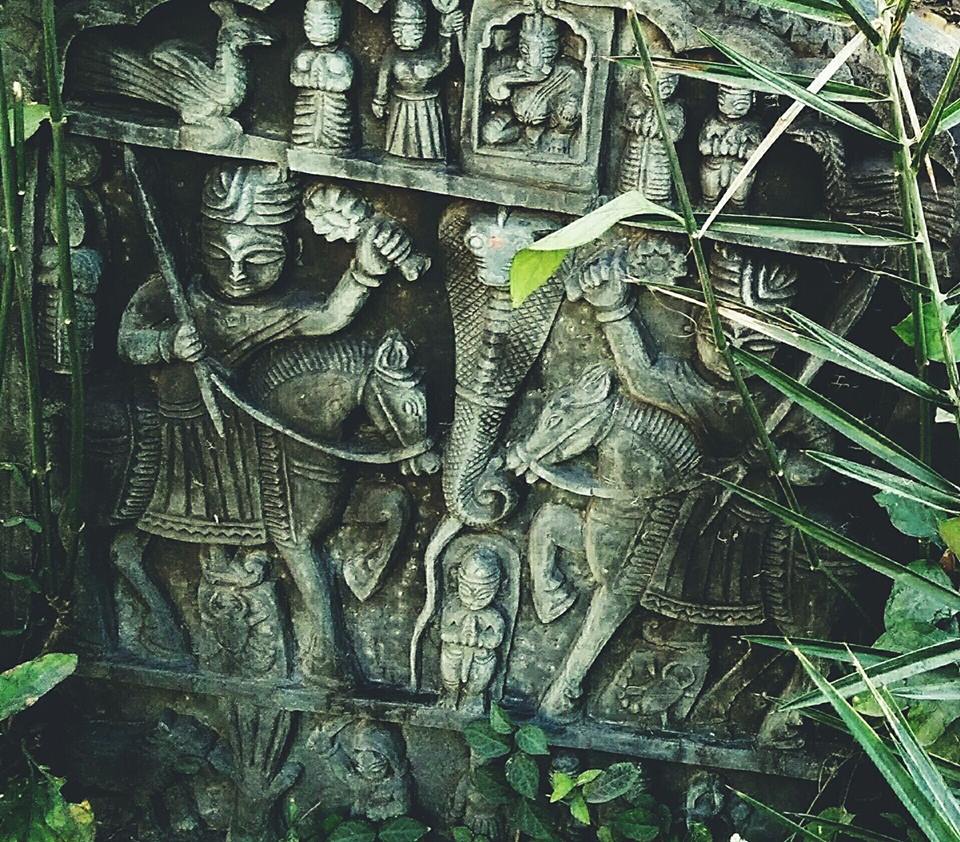“Promoting Interdependence”:
Varnashrama-dharma is based on honoring the diversity in unity that is the natural consequence of interdependence. When there is forced conformity, there will never be true unity; when there is simply diversity without any attempt at unity, this is anarchy. The divine monarch’s duty is to expertly engage the people according to their individual natures and responsibilities toward the central goal of developing a balanced society.
A divine monarch seeks to synergize his kingdom.
Synergy literally means that the total effect is greater than the sum of the individual elements. One plus one equals more than two. The ability to synergize a kingdom comes from celebrating the diversity among one’s subjects and then holding them accountable to fulfill both personal and social goals. It does not result from either dependent or independent citizens, but from those who recognize their interdependence.
Recognizing interdependence also results in the formation of symbiotic relationships. That is, relationships based on mutual need. In a symbiotic relationship, what it takes to maintain two distinct living entities is actually reduced as the two entities support each other’s needs and help one another attain success.
When the king honors unity in diversity, it allows for symbiotic relationships among his subjects wherein all benefit.
For interdependence to work, however, there has to be a common ground upon which the diversity expresses itself. Without that common ground or common goal, society will fall into chaos.
Diversity experts realize that by celebrating diversity, we can avoid four “cancers” that are detrimental to the achievement of synergy.
These are:
• Criticism
• Complaint
• Comparison
• Competition

Without celebrating diversity, we may exist, but will we flourish? In such a condition, we will not optimize our potential. Unless we learn to cooperate, we will only compromise. We must do away with divisive factors if we are to achieve synergy.
Too much independence destabilizes an institution or community because it produces anarchy. When there is social fragmentation, people will not bring out their best. Also, too much dependence is unhealthy because people will not be creative. They will not use their own initiative in performing their tasks but will tend to be dull and uninvolved on a personal level.
Nowadays, people are discussing codependency, which manifests at its worst in addictive behaviors. Codependency is often at conflict with one’s God consciousness, because the codependent person replaces God with his or her spouse, child, business or a substance such as alcohol or cocaine.
Every form of addiction is a misdirected religion. John Bradshaw, in his best-selling book, Healing the Shame that Binds You, discusses some of the dangers of addiction. He stresses how every addiction is an aborted religion—how it has a God, disciplines, devotees and rituals. The rituals might be seen in the way one passes around a marijuana joint, for example, or the way in which one drinks alcohol with friends.
Addictions have their moment of ecstasy, and their atonement. All addicts and codependent people are spiritually bankrupt. They are actually searching after the ecstasy that comes from God, but they look in all the wrong places. Bradshaw explains how shame is necessary for recovery, and that in codependency and addiction, one is overreacting to things outside and under-reacting to things inside.
Addicts believe something outside will bring them happiness. In materialistic society, where addiction is rampant, people tend to want to look for their happiness outside themselves rather than finding it within. A divine monarch helps people to focus more on both their individuality and their interdependence, and he himself leads from the inside out. His leadership example stimulates them to also look for inner happiness.
Bhakti Tirtha Swami
Leadership for an Age of Higher Consciousness Volume II:
Ancient Wisdom for Modern Times

